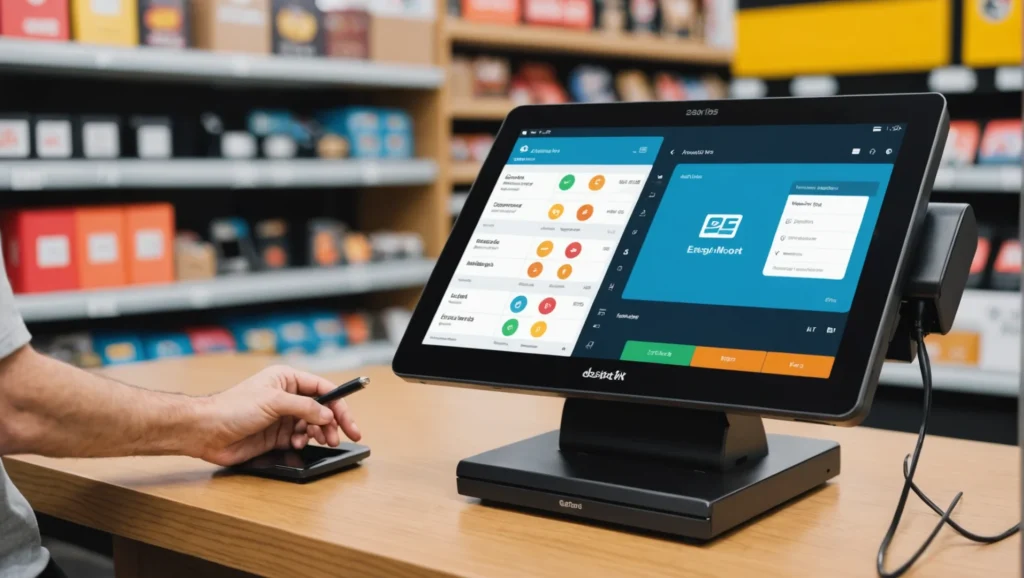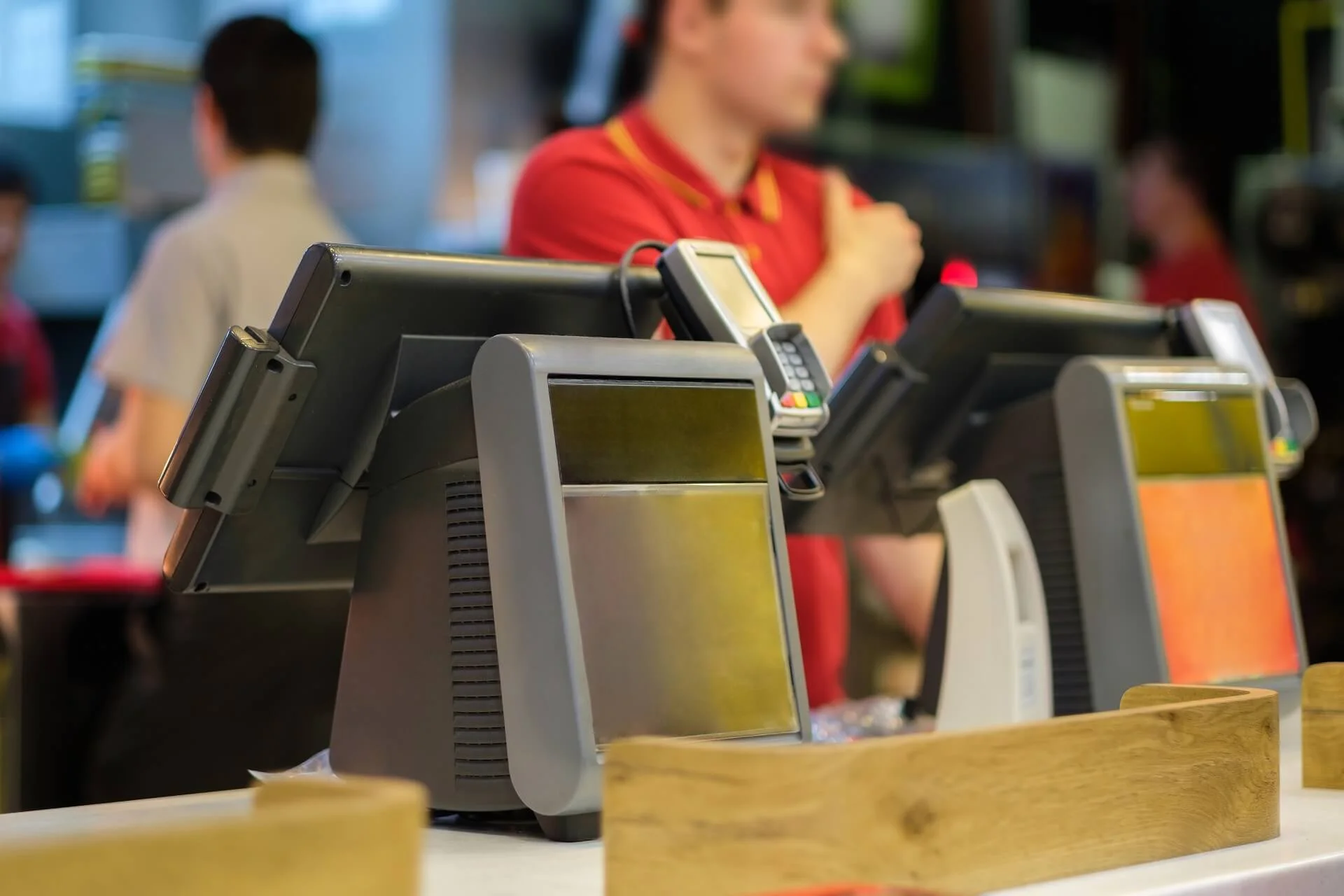The Hidden Costs of Not Using a POS System

Many small and medium-sized business owners often hesitate to invest in a Point of Sale (POS) system, thinking that traditional methods like cash registers, manual bookkeeping, or spreadsheets are enough to run daily operations. While this may seem like a cost-saving approach on the surface, the reality is quite the opposite. Not using a POS system can lead to a range of hidden costs—both financial and operational—that can seriously affect your business in the long term.
A POS system is designed to streamline sales transactions, track inventory, monitor employee performance, and provide detailed business analytics. Without it, you may be missing out on efficiencies that could save time, reduce errors, and improve profitability. Let’s explore the hidden costs of not using a POS system.
1. Loss of Time and Efficiency
Time is money in business. Without a POS system, daily operations such as processing transactions, managing stock, and generating reports take significantly longer. Staff may have to enter data manually, tally sales at the end of each day, and cross-check inventory with pen and paper. These outdated methods not only waste valuable time but also increase the chance of human error.
Manual processes slow down your team and limit how many customers you can serve efficiently. Over time, this loss of productivity can cost your business far more than the initial investment in a POS system.
2. Inventory Inaccuracies and Stock Loss
One of the most common problems faced by businesses not using a POS system is poor inventory management. Without real-time tracking, it becomes easy to overstock or run out of popular items. This can result in lost sales, customer dissatisfaction, and unnecessary purchasing costs.
In addition, manual inventory tracking is prone to errors and theft. With no system in place to monitor discrepancies or generate accurate reports, stock losses can go unnoticed and unaddressed, eating into your profits over time.
3. Increased Human Error
When staff are required to manually input prices, calculate totals, or record transactions, mistakes are inevitable. Errors in pricing, change calculation, or recording sales can lead to customer complaints and revenue loss. Worse yet, you may end up with inaccurate sales data that makes it difficult to make informed business decisions.
A POS system automates these processes, drastically reducing human error and ensuring that every transaction is recorded accurately.
4. Lack of Business Insights
Without a POS system, understanding your business performance becomes a guessing game. You may not know which products are selling well, which employees are underperforming, or what your peak business hours are. This lack of insight makes it difficult to make data-driven decisions.
POS systems offer detailed sales reports, inventory insights, and customer analytics that help you make smarter choices about purchasing, marketing, and staffing. Without these tools, you may continue investing in underperforming products or miss opportunities to maximize revenue.
5. Poor Customer Experience
Today’s consumers expect fast, efficient service. Long wait times at checkout, stock shortages, and inconsistent pricing can all damage your reputation and drive customers to competitors.
POS systems help speed up transactions, maintain accurate pricing, and manage customer data. Many also support loyalty programs and email receipts, which enhance the overall customer experience. Without one, you risk falling behind in a market that increasingly values convenience and personalization.
6. Employee Theft and Lack of Accountability
Without a POS system, it becomes much harder to monitor employee activity. Discounts, voids, and refunds may be processed without proper oversight, opening the door to internal theft or unauthorized behavior.
Modern POS systems provide role-based access and track every transaction, making it easier to hold staff accountable and protect your business from losses.
Conclusion
Choosing not to invest in a POS system may seem like a way to save money, but the hidden costs can be substantial. From inefficiencies and errors to poor customer service and inventory issues, the impact of not using a POS system can quietly drain your profits and stunt your business growth.
In contrast, a modern POS system can streamline operations, reduce risk, and provide the tools you need to thrive in a competitive marketplace. It’s not just an expense—it’s an investment in your business’s future.






